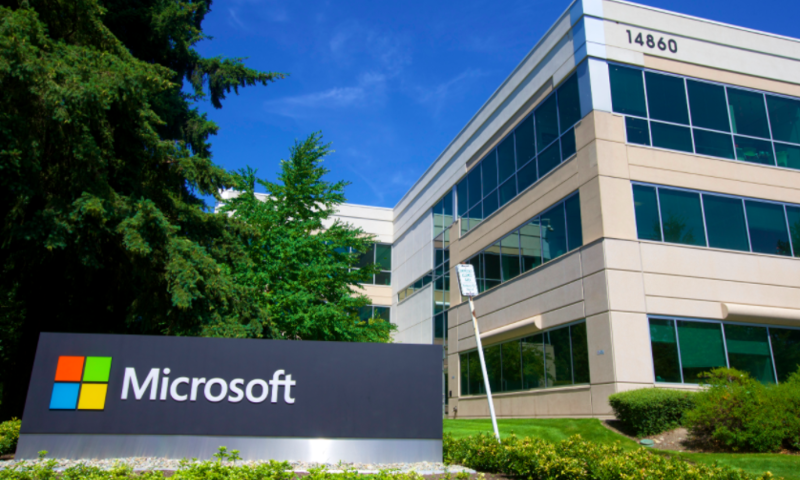Several months after the U.S. Department of Justice (DOJ) signed off on Microsoft’s plan to acquire the artificial intelligence software developer Nuance Communications, its watchdog counterpart across the pond is taking a closer look at the proposed buyout.
The European Commission’s competition authority is quizzing the companies’ clients and competitors about their views of the transaction, according to a report from Reuters, which viewed one of the questionnaires compiled in November.
Poll questions include whether they view Microsoft and Nuance as competitors and if they believe the acquisition could have a negative impact on their own businesses.
The EU’s antitrust regulator began issuing the questionnaires after the companies submitted the acquisition for approval last month. It currently has until Dec. 21 to either officially widen the probe or give the all-clear.
Either way, the transaction is seemingly no longer on track to close by the end of the year, as Microsoft and Nuance initially planned when they announced their agreement in April. Even before seeking EU approval of the deal, Nuance said in an October release that the expected timeline for the closing date had shifted to sometime between the final quarter of 2021 and the first quarter of 2022.
Neither Nuance nor Microsoft has issued a statement about the EU’s ongoing antitrust probe.
The deal, first announced in April, would integrate Nuance’s speech recognition and conversational AI software into the Microsoft Cloud for Healthcare, speeding up the adoption of cloud-based AI tools in the healthcare industry.
Microsoft said it would pay $56 in cash per Nuance share, well above the company’s closing stock price at the time the acquisition was announced. Adding in Microsoft’s agreement to assume Nuance’s debt in the transaction, the deal placed a total value of $19.7 billion on the AI company, marking Microsoft’s largest acquisition in years.
The buyout was allowed to proceed without further investigation by the DOJ in June, per Reuters, and by the Australian Competition Commission in October. Nuance’s shareholders OK’d the acquisition in a June meeting, according to a Securities and Exchange Commission filing.
The multibillion-dollar deal isn’t the only one in the crosshairs amid a global crackdown on potentially anti-competitive tie-ups. Just this year, other medtech deals between Illumina and Grail, as well as Allergan Aesthetics and Soliton, have also faced additional scrutiny by trustbusters.
Amid a months-long investigation by antitrust authorities in both the U.S. and E.U., Illumina and Grail decided to power through with their $8 billion re-combination in August. That, in turn, prompted the European regulator to issue a stern rebuke, alongside a list of objections and a series of measures to lessen the effects of the deal on the broader market.
AbbVie’s Allergan, meanwhile, received a “second request” from the U.S. Federal Trade Commission in August over its proposed $550 million purchase of cellulite- and tattoo-removal devicemaker Soliton. The request came nearly three months after the agreement was announced and asked Allergan to submit additional information about its proposal.

